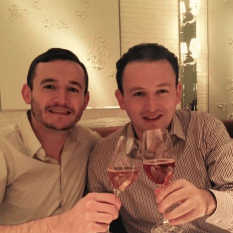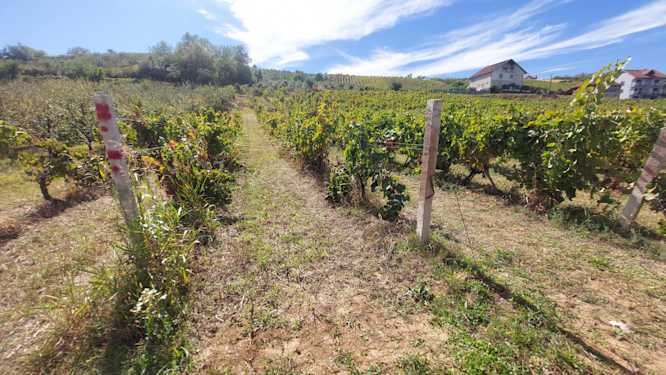
Running for wine in Župa
Wine and running are unusual bedfellows. For some, they are complementary passions. For others, one acts as compensation. For the participants in the eighth annual Župa Wine Run (‘Župaska vinska trka’) in Aleksandrovac, this is the pinnacle of the autumn calendar; a celebration of the harvest and the beauty of nature as the leaves show their reds, oranges, yellows, and browns.
The picturesque surroundings have led many to describe Župa as ‘Serbia’s Tuscany’, a worthy mantel that few Italians would dispute. The region is situated between four mountains - Kopaonik, Željin, Goč, and Jastrebac - creating a unique micro-climate for winemaking. Everything feels endless - the vineyards, the mountains, and the possibilities.
The start line is a mixed bag of stretching and nervous excitement. Some have trained for running, others for wine, and a few for both. We set off through a model vineyard of various grape varieties, straight up a hill where gridlock forms. People run on the spot or in slow motion to keep warm. Others amble along, setting their intended pace early. There are long (14 kilometres) and short (7 kilometres) formats for the realistic, unrealistic, and modest.
The course meanders its way almost perpendicularly out of the town, before weaving its way through country lanes and vineyards. It is a liberating feeling as the gaggle of runners spread out. The scenery distracts from contemplations of time and distance, with thoughts turning to the harvest and winemaking; to give up everything and buy some vineyard.
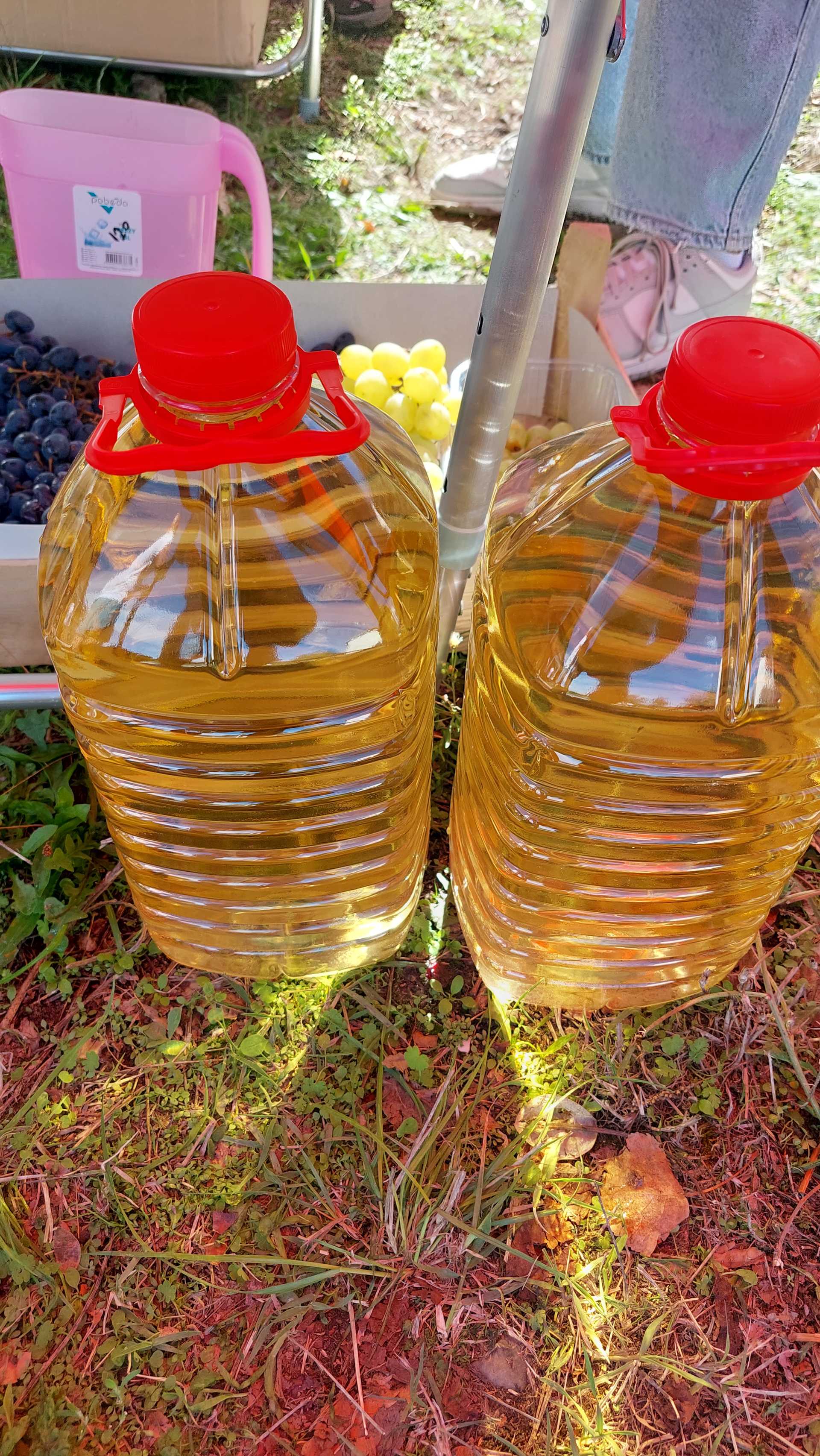
The run is punctuated by wine stops where volunteers eagerly hand out a choice of white and rose. Rehydration, albeit temporary, in the sweltering September heat. For this is no usual race. While some conquer the course in an unfathomable time, others consume more than their fair share of Tamjanika and Prokupac. If a wine-based handicap system were in effect, these stragglers would be close to the podium places. For this is a duathlon, running and swimming in wine.
Each sip is, as my great friend, Rene Nygaard Jensen, an aspiring sportsman from Denmark, describes as ‘Lazna snaga’ (best translated as ‘false strength’). The hills appear smaller, and the distance between the wine stations shorter. It is liquid motivation, mixed with endorphins, the ultimate cocktail. We patiently wait for our friend, savouring every extra second of rest and wine he provides us. One more glass for the road. And yet within 500 metres, we are again thirsty.
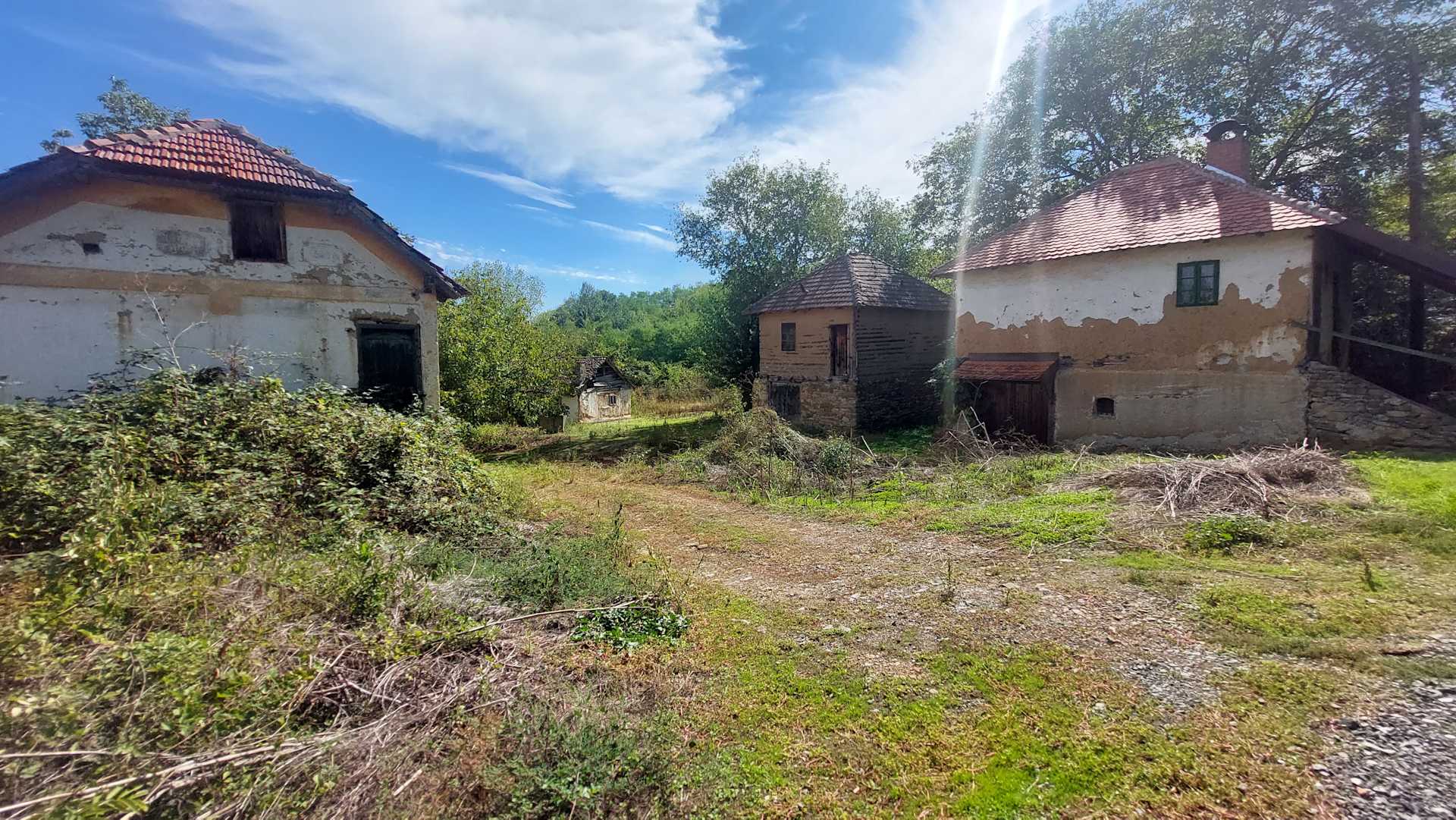
Through abandoned villages we pass, the roofs of traditional houses collapsing inwards. Their interiors are exposed to the outside, their facades revealing the nature of their construction. These houses are a testament to the region’s changing demographics, with many people having left in recent years. There aren’t enough hands to pick and preserve what the land has to offer. In places, the smell of rotten fruit, either intentionally or otherwise discarded, is overpowering. Bees hover around menacingly, drunk on the very sugars that became our alcohol.
It is almost thirty degrees centigrade, unseasonably warm, though a breeze helps tame the sun. A day later it would be overcast and raining. Each year feels more unpredictable than before; the winemakers of Župa live with one eye on the sky. The harvest is complete, save those grapes that will be late picked in the search for natural sweetness; unless birds or neighbours intervene with eager beaks or hands.
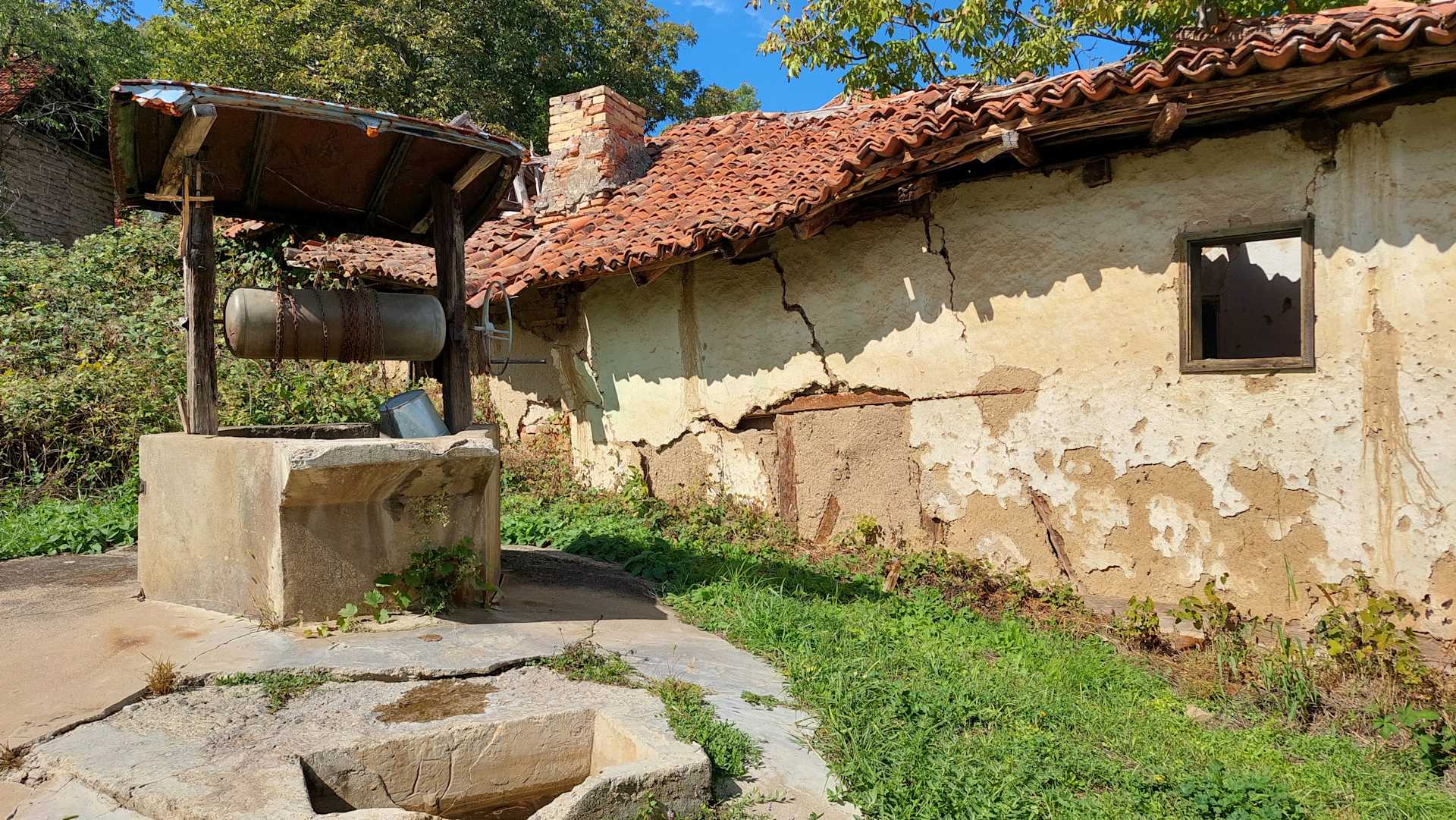
The winemakers wait to see how good this year’s harvest has been. They have an idea but don't want to invest too much hope. There have been too many disappointing years of late, with little in the way of insurance. They are farmers after all. It has been a good year, or so they think.
A man on a tractor watches on with the smug satisfaction of a sports car owner. Our feet dig into his tracks, dry and inconsistent; save where the shadow has preserved the mud. This is classic trail running with very little asphalt. Through a vineyard we run, newly empowered, all our senses stimulated.
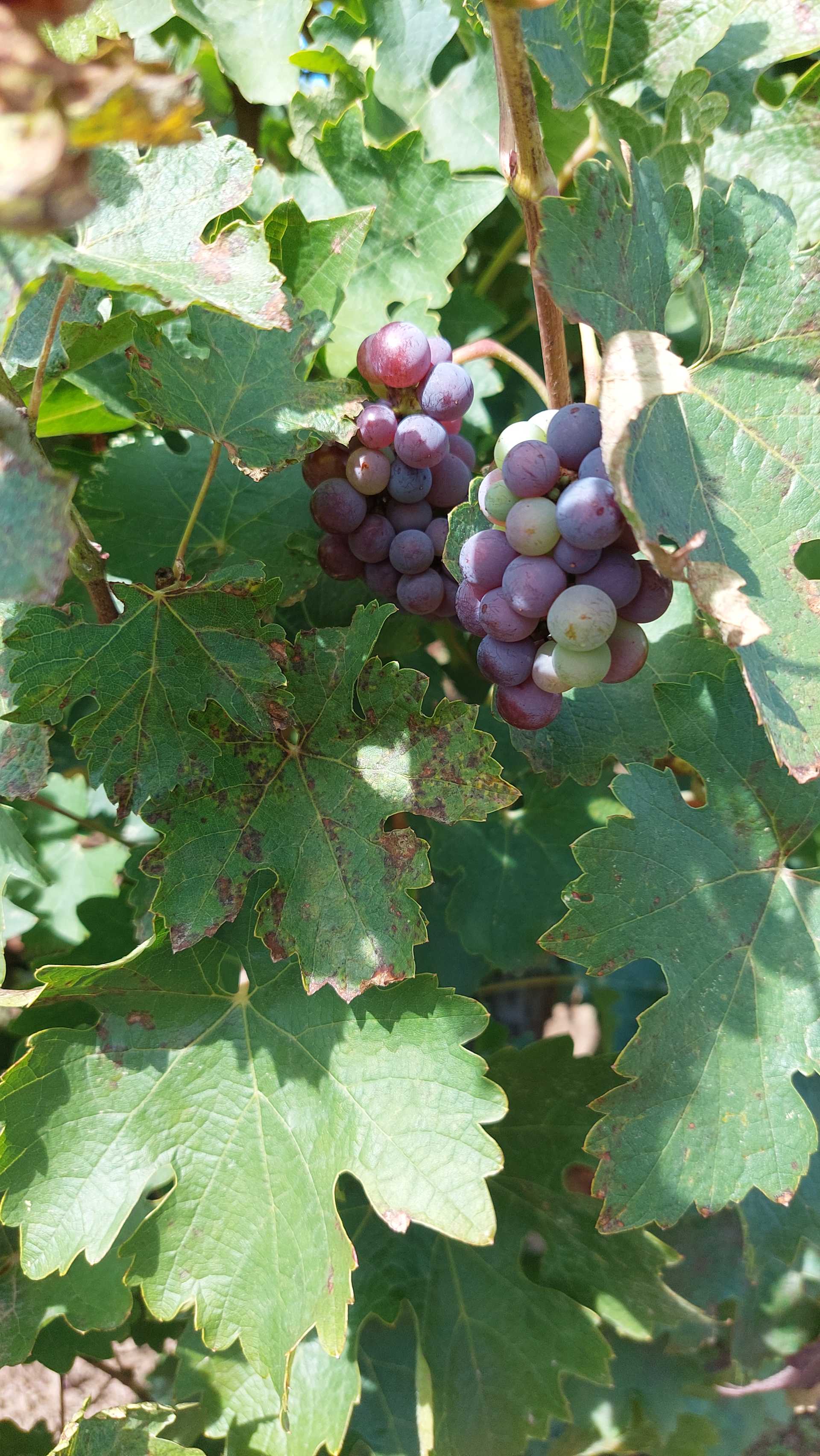
Even though it is shorter, the course feels much tougher than a year ago when we ran 23 kilometres. The undulating hills take their toll. At times it feels that we are only ascending, even if only gradually. It is mentally exhausting. A few first-time participants, enticed by the promise of wine and vineyards, laugh in unison, for this is the spirit of the run.
The wine stations break up the run into manageable portions. We pause to take photographs and admire the scenery; moments we will savour forever. And before we know it, the final descent back into Aleksandrovac awaits. As Rene prepares for a sprint finish, my legs cramp up. I run it off but every subsequent step is filled with uncertainty.
The Ministry of Silly Walks hosts post-race proceedings, where abundant wine is served outside Župa’s Museum of Winemaking and Viticulture. Prizes are handed out to those most deserving, glasses of wine to those nursing stiff legs. It is a carnival atmosphere for the 544 participants, twice as many as last year.
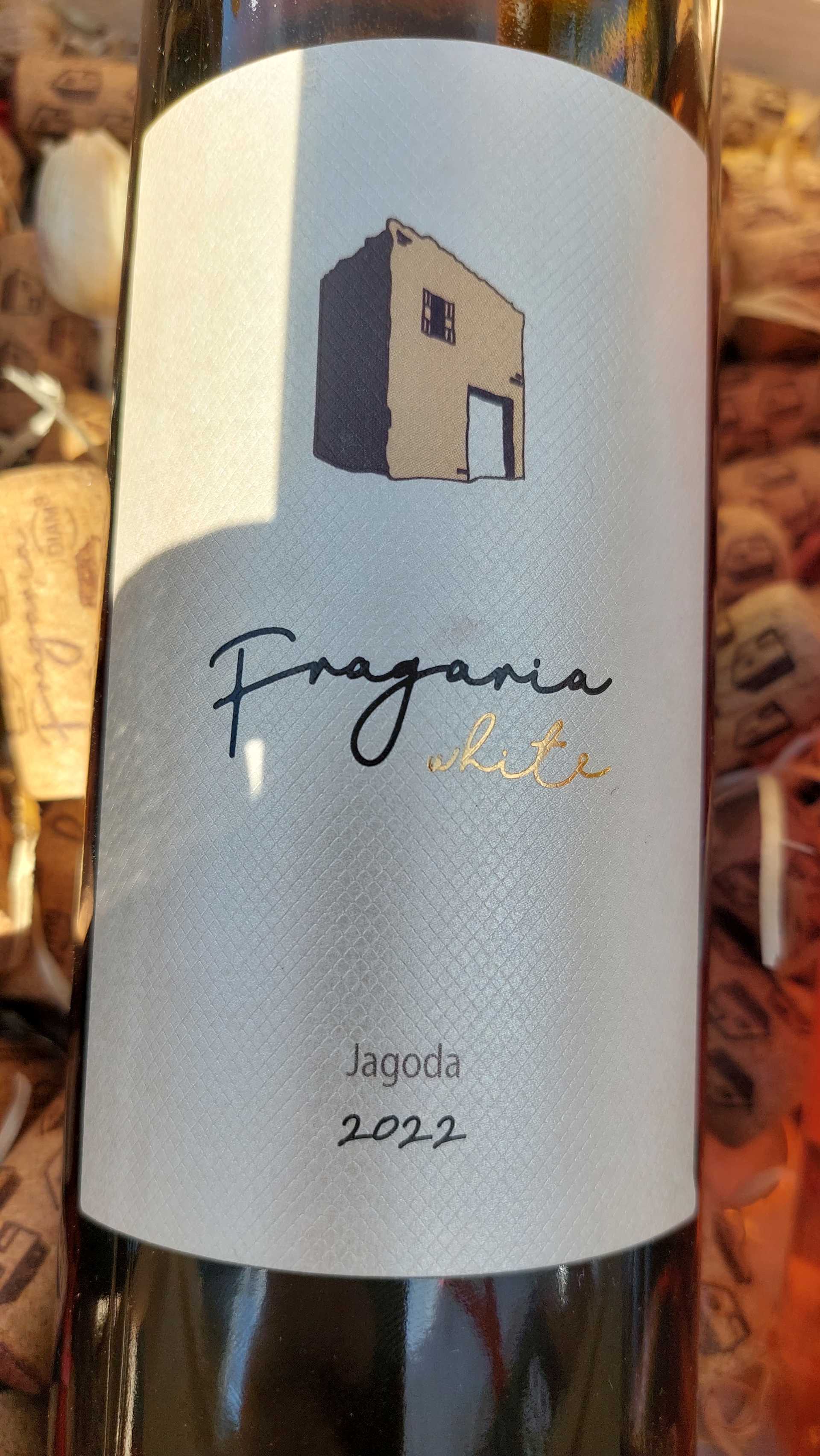
We make a careful circuit of Tamjanika, then rose, then Prokupac. Our initially inquisitive questioning about method and vintage quickly tails off. We enjoy a rare autochthonous variety, ‘Jagoda’ or ‘Strawberry’, courtesy of Fragaria winery; a perplexing grape whose name requires no further explanation. It is a variety that had long been forgotten but now enjoying a renaissance.
Different approaches to Prokupac - with larger and older oak barrels or just stainless steel - demonstrate the grape's potential. Some are fresher, akin to Pinot Noir, others more tannic. Winemakers are experimenting, innovating, and learning - including from one another. Each year is different, but they are producing consistent and ever-improving quality.
The region is shaking off the legacies of the industrial conglomerate, Vina Župa, whose tetro-packed wines can still be found on supermarket shelves. A new generation is shaping the identity of one of Serbia’s most promising wine regions. Prokupac Day is celebrated annually on 14th October, with more vineyards participating yearly.
The Župa Wine Run is a novel way of promoting the region’s achievements and those of its winemakers while providing runners with unique scenery for stretching their legs. It is a celebration of a heritage which has survived challenging times and now prospers. From the town into nature, the run captures the connection of Aleksandrovac with its surroundings. It is a town that would likely not exist without wine, and wine is now helping revitalise the entire region. We will be back next year for more.
Ian Bancroft is the author of ‘Dragon’s teeth - tales from north Kosovo’ and ‘Luka'.
Ian is a writer based in the Balkans. He is the author of 'Dragon's Teeth - Tales from North Kosovo' and 'Luka'. Follow Ian on Twitter @bancroftian.
Currently in: Belgrade, Serbia — @bancroftian
